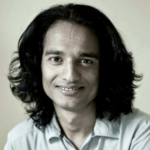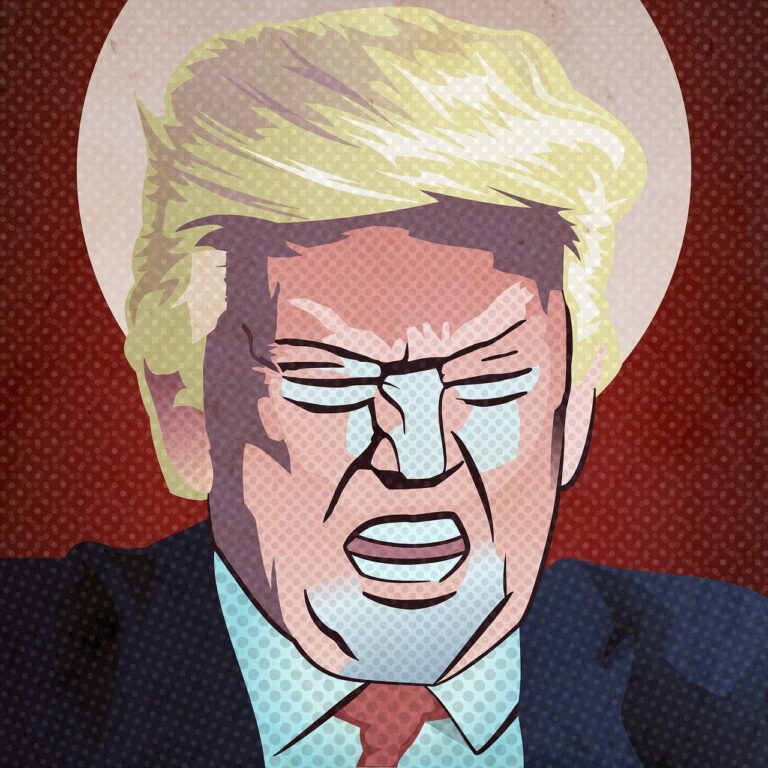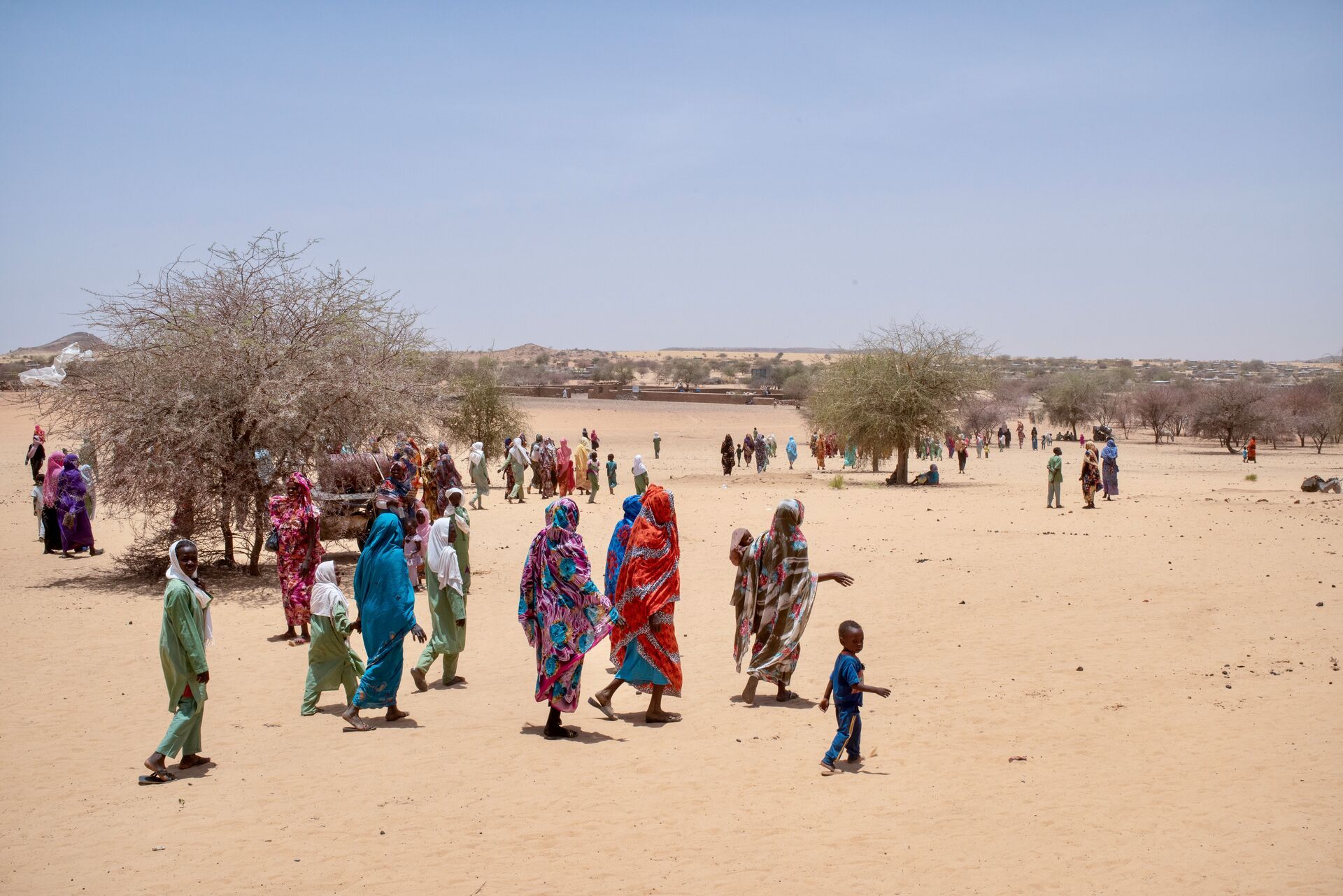
New Delhi: The recognition of blackbucks in medical research at the National Medical Research Award ceremony is indeed commendable. Blackbucks have nothing to do with medical research but have a strong symbolic value. The members of the Bishnoi community of Rajasthan believe that they are the reincarnation of Bhagwan Jambaji also known as Jambeshwar and should not be killed or hunted down.
The healthcare sector is closely associated with the environment ecology and biodiversity, and the blackbuck represents the spirit of Indian culture and life, if not what the Bishnoi community has believed for ages.
The research summit seemed to enrich the monotonous atmosphere of a research centre with the presence of blackbucks and extend the scope of this study towards environment and ecology.
Blackbucks also symbolise the need to think about the rising out-of-pocket medical expenses to remain in tune with growing health consciousness. Such recognition and promotion of commendable endeavours of institutions and individuals deserve attention and funding to carry it further.
The award ceremony saw a series of sessions to connect certain dots associated with rising out-of-pocket expenses for medical care in this age of One Health in the national capital on July 28, 2024.
The speakers recognised financing medical research as one of the principal challenges in India. In the financial year 2024-25, the Union Finance Minister allocated ₹3,301.7 crores for medical research. Budget allocation for the ICMR (Indian Council of Medical Research) was raised from ₹2,295.12 crore to ₹2,732.13 crore. The research in Ayurveda was allocated ₹413.54 crore along with ₹144 crore for Homeopathy and ₹228.05 crore for Yunani medicine. But still, neighbouring China and the developed nations of Europe and America are far ahead in this regard.
Right after the inaugural address by Dr AVS Ramesh Chandra, Additional Secretary in the Ministry of External Affairs, a series of panel discussions started on challenges and opportunities. Doctors and research scholars presented the series of papers and exchanged views with prominent experts on various topics before the post-lunch award ceremony.
How to reduce an individual’s out-of-pocket burden in the case of medical care was one of the principal issues in the debate. Most of the experts demanded to increase in the budget for research and innovation. On this issue, well-known cardiologist, co-founder of Medical Dialogues and host Dr. Prem Aggarwal shared his views about self-financing by institutions in clear terms.
The health and medicine-centred new media outlet i.e. Medical Dialogues, initiated its first national medical research summit along with recognition of the blackbucks in the field of medical research. The Minister of State for Jal Shakti Ministry Dr Raj Bhushan Chaudhary and his colleague in the Ministry of Corporate Affairs and Road Transport and Highways, Harsh Malhotra, recognised 46 “excellent works” of research in 4 different categories. The notable works were from 41 institutions in 27 cities of India. The 11 members of the jury were headed by Delhi Medical Council’s president Dr Arun Kumar Agarwal, who used to be the Dean of MAMC (Maulana Azad Medical College), New Delhi.
The medical research awards and national medical research summit can help the medical fraternity and the government to reduce out-of-pocket expenses in case of medical care. Investment in the research can help India to reduce the import of instruments and technologies in future. It has rendered a platform for an exchange of ideas among doctors and research scholars, and thereby enabled new medical research works.






